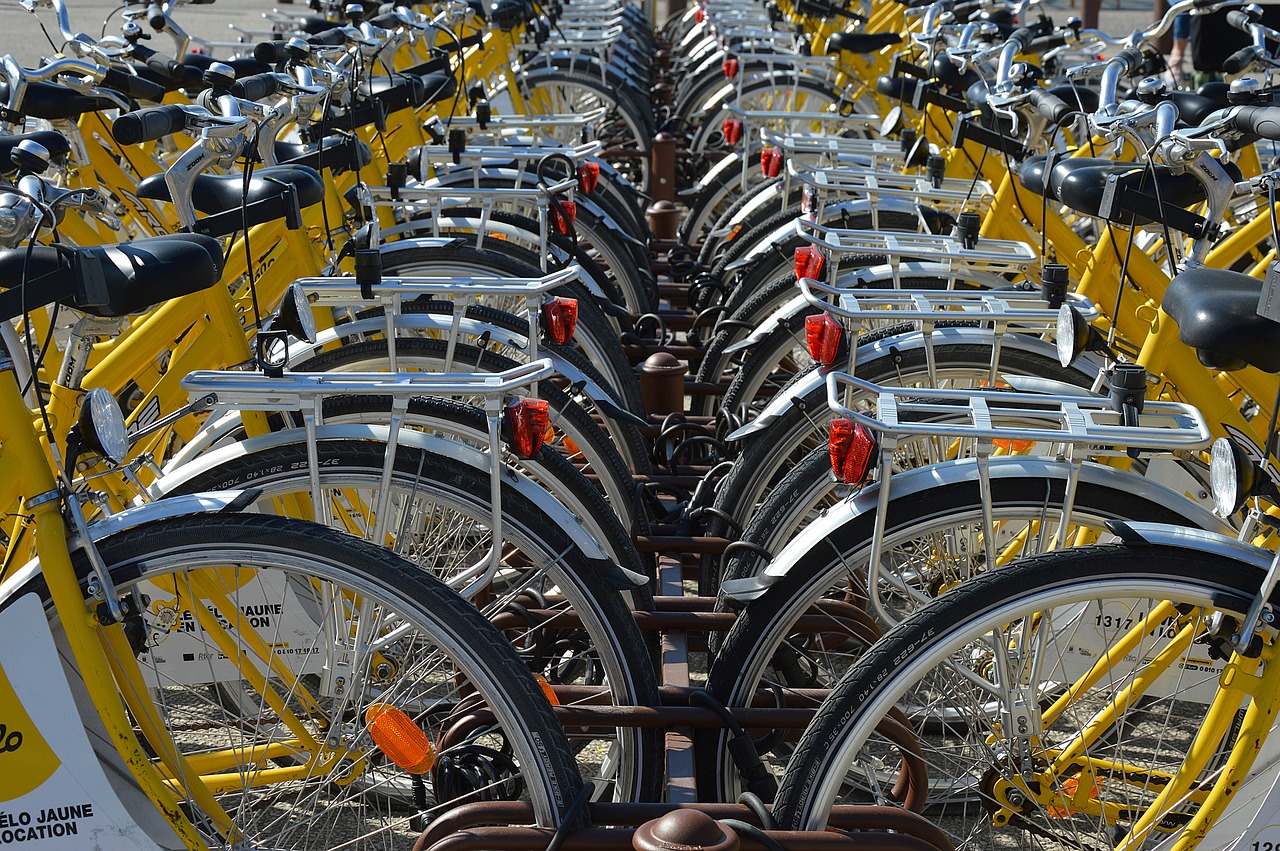CEP has been awarded a new project to analyse drivers of environmental transitions in European cities
Collingwood Environmental Planning (CEP) (in partnership with Eunomia Research & Consulting), LSE Cities at the London School of Economics and Milieu has been commissioned by the European Environment Agency (EEA) to support the delivery of the EEA’s project aiming to better understand what enables or hinders environmental sustainability transitions in European cities, and how these factors may have changed due to the Covid-19 pandemic.
This project follows a previous project delivered by a CEP-led team (2019-2020) which piloted a survey of the drivers and enablers of urban sustainability in European cities. The results of this previous work were published in the EEA’s report Urban sustainability in Europe – What is driving cities’ environmental change?. Using the method developed in this previous project, the new project involves a survey targeting 100 European cities followed up by 25 interviews. The results of this project will directly inform the EEA’s ongoing work on urban sustainability, including the next European State and Outlook on the Environment Report (SOER) in 2025.
This exciting new project builds on our long track-record of supporting the EEA in developing a knowledge base, conceptual understanding and assessments in the field of urban environmental sustainability. More information on our wider work on urban environmental sustainability can be found here.
For more information please contact CEP’s Owen White (Managing Director) or Špela Kolarič (Senior Consultant) for more information.





